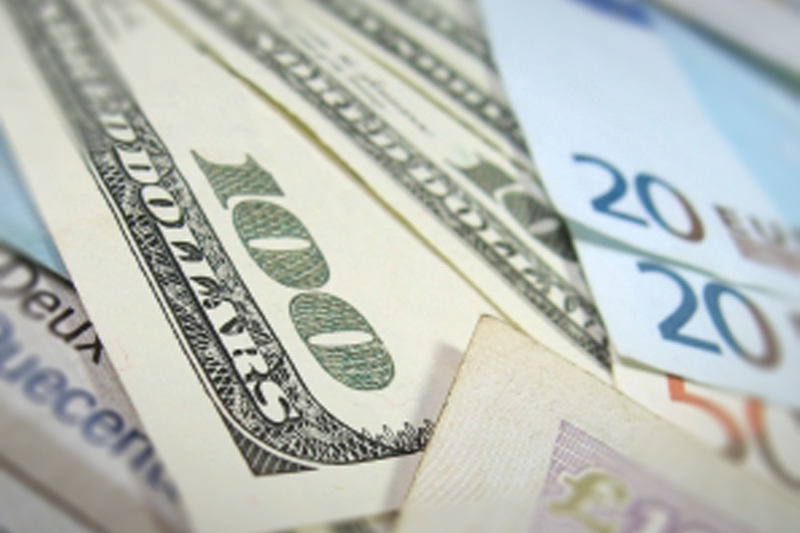Investing.com -- EUR/USD inched up on Wednesday to extend its recent winning streak to a fifth consecutive session, as optimistic data on U.S. job openings bolstered arguments for a September interest rate hike by the Federal Reserve.
The currency pair traded between 1.1132 and 1.1217 during Wednesday's session, before settling at 1.1207, up 0.0004 or 0.03%. After falling below 1.10 on August 10, the euro is now up 2.2% against the dollar over the last month of trading. Although the euro has closed higher against its American counterpart in each of the last five trading sessions, the gains have been modest. During the span, its strongest move came on Tuesday when it rose by only 0.30%.
EUR/USD likely gained support at 1.1086, the low from Sept. 3 and was met with resistance at 1.1562, the high from Aug. 26.
The U.S. Labor Department said on Wednesday in its Job Openings and Labor Turnover Survey (JOLTS) that nationwide openings increased to a new series high in July, reaching a level of 5.8 million. The survey previously rose to a series-high in May when it reached a level of 5.4 million. The robust increase in job openings in July helped push the total to its highest reading in the 15-year history of the survey.
The job openings rate surged 3.9% in July, after measuring at 3.6% the previous three months. It also came off the back of a mixed employment report for August on Friday when the labor market added 173,000 non-farm payrolls, while the unemployment rate dropped to 5.1%, its lowest level since April, 2008.
On Tuesday, World Bank chief economist Kaushik Basu warned that a rate hike by the Federal Open Market Committee next week could trigger a widespread crisis in emerging markets, pushing capital away from their economies and potentially creating sharp fluctuations in their currencies. Officials from the International Monetary Fund have issued similar warnings in recent weeks on the severe ramifications a rate hike could have on global markets that are not in the position to absorb a tightening of monetary policy from the U.S. central bank.
Nearly a decade has passed since the FOMC has lifted its benchmark Federal Funds Rate, the rate in which banks lend to other institutions on overnight loans. The Fed Funds Rate has remained at its current level between zero and 0.25% since December, 2008.
Elsewhere, the Bank of Canada kept its benchmark rate unchanged at 0.5%, following two rate cuts earlier this year – most recently in July. USD/CAD rose 0.36% to 1.3255. In Japan, the Nikkei surged 7.7%, its largest gain in seven years, after prime minister Shinzo Abe pledged to cut corporate taxes by 3.3% by next year. USD/JPY gained 0.58% to close at 120.50, its highest closing level in more than a week.
